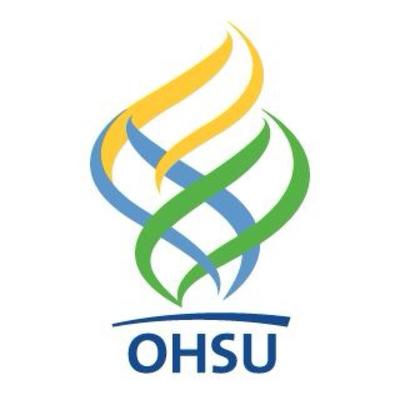预约演示
更新于:2025-05-07
Mayaro Virus Infection
马亚罗病毒感染
更新于:2025-05-07
基本信息
别名 Infection, Mayaro Virus、Mayaro Virus Infection、Mayaro Virus Infections + [1] |
简介- |
关联
2
项与 马亚罗病毒感染 相关的药物靶点- |
作用机制- |
在研适应症 |
非在研适应症- |
最高研发阶段临床前 |
首次获批国家/地区- |
首次获批日期1800-01-20 |
靶点- |
作用机制 免疫刺激剂 |
在研机构- |
在研适应症- |
非在研适应症 |
最高研发阶段无进展 |
首次获批国家/地区- |
首次获批日期1800-01-20 |
100 项与 马亚罗病毒感染 相关的临床结果
登录后查看更多信息
100 项与 马亚罗病毒感染 相关的转化医学
登录后查看更多信息
0 项与 马亚罗病毒感染 相关的专利(医药)
登录后查看更多信息
96
项与 马亚罗病毒感染 相关的文献(医药)2025-04-22·The American Journal of Tropical Medicine and Hygiene
Transcriptomic Analysis of Mayaro Virus-Infected Human Macrophages: Effects on Inflammatory and Antiviral Response
Article
作者: Urcuqui-Inchima, Silvio ; Tamayo-Molina, Y. S. ; Hernández-Sarmiento, Lady Johana
2024-10-31·Eurosurveillance
A cluster of Mayaro virus infections in a film team returning from Suriname, February 2024
Article
作者: Feldt, Torsten ; Günther, Stephan ; Pfau, Stefanie ; Gabriel, Martin ; Müller-Stöver, Irmela ; Hornuss, Daniel ; Orth, Hans Martin ; Luedde, Tom ; Tappe, Dennis ; Holtfreter, Martha Charlotte ; Schmidt-Chanasit, Jonas
2024-10-19·Journal of Travel Medicine
Mayaro fever in Brazil from 2014 to 2024
Article
作者: Carvalho, Thialla Andrade ; Martins-Filho, Paulo Ricardo ; dos Santos, Cliomar Alves
分析
对领域进行一次全面的分析。
登录
或

生物医药百科问答
全新生物医药AI Agent 覆盖科研全链路,让突破性发现快人一步
立即开始免费试用!
智慧芽新药情报库是智慧芽专为生命科学人士构建的基于AI的创新药情报平台,助您全方位提升您的研发与决策效率。
立即开始数据试用!
智慧芽新药库数据也通过智慧芽数据服务平台,以API或者数据包形式对外开放,助您更加充分利用智慧芽新药情报信息。
生物序列数据库
生物药研发创新
免费使用
化学结构数据库
小分子化药研发创新
免费使用

